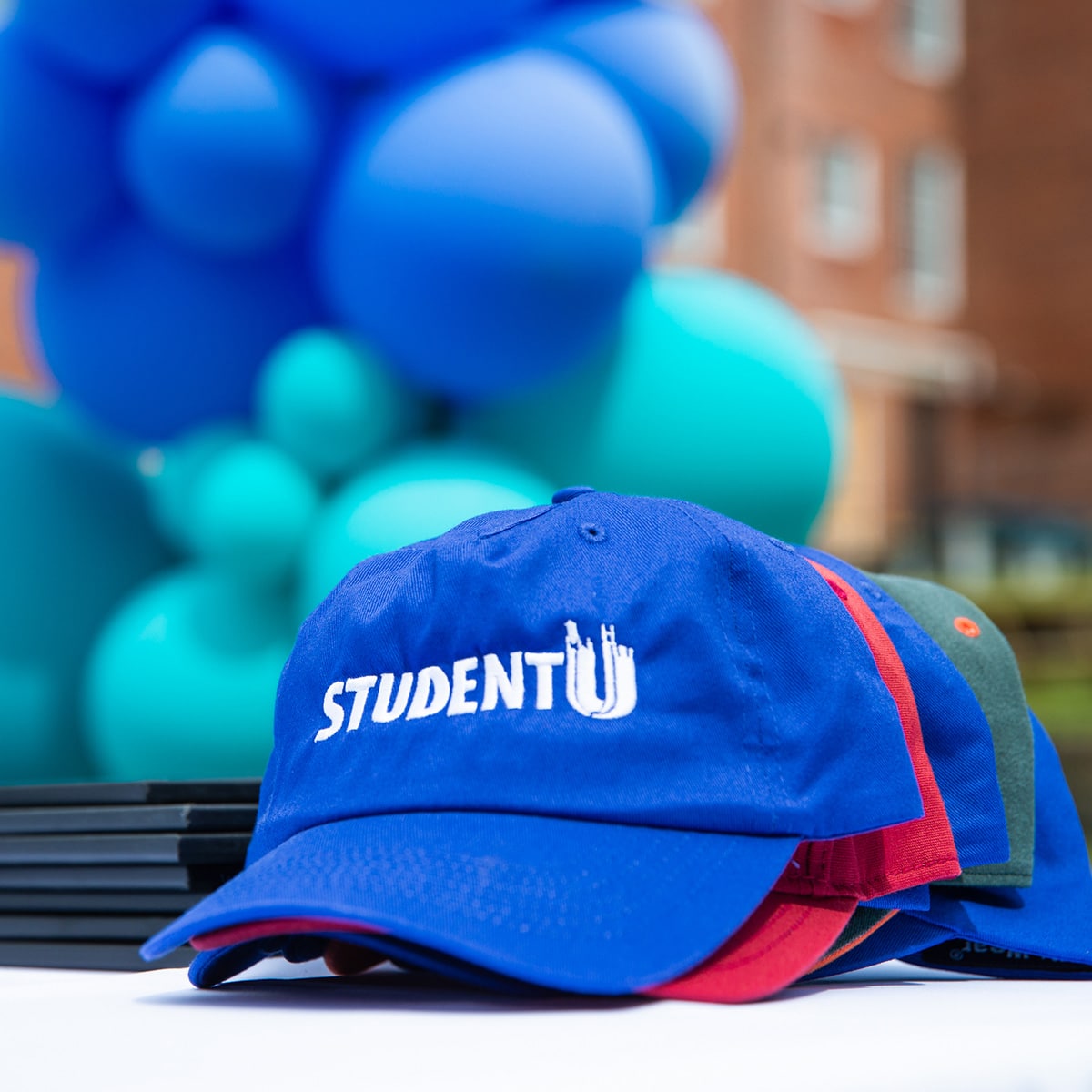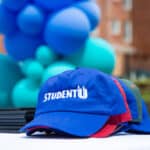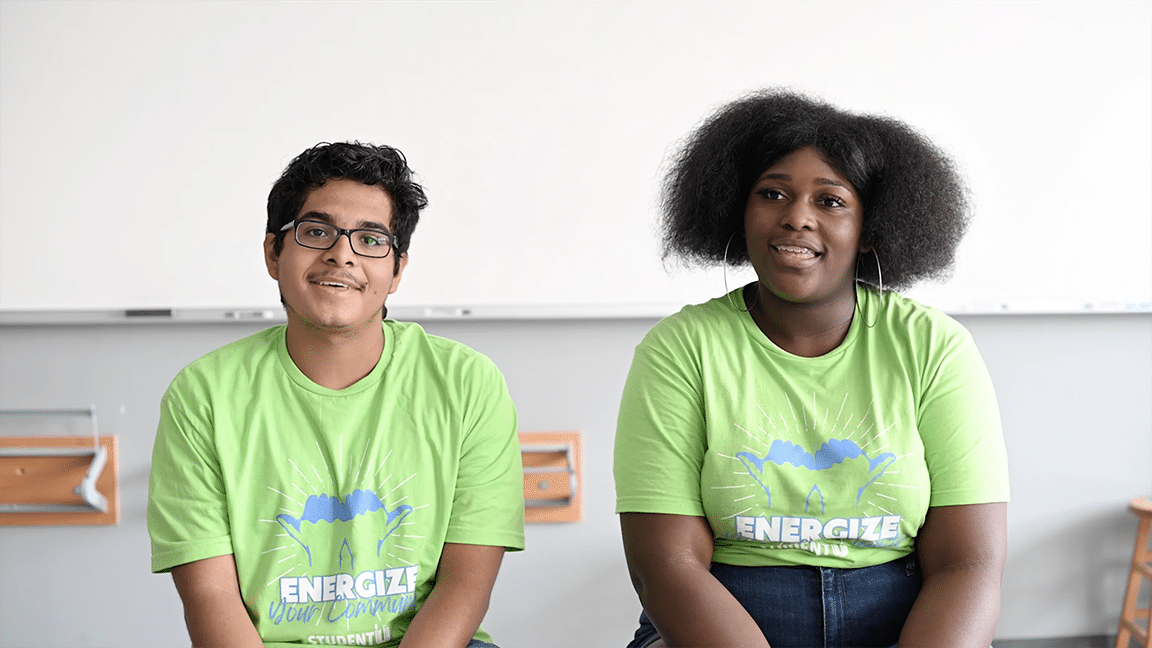
The story of my educational awakening goes like this: A Mexicanita from the Texas/Mexico borderland sat in an old lecture hall at the University of Texas at Austin listening to Dr. Luis Urrieta, Jr. speak on the history of the Latinx fight for educational social justice. I entered the university with aspirations of being an English major who would one day attend graduate school at Oxford University–an idea of unknown origin that was planted in my head since I was a 4th grader at Y.B. Escobar Elementary. I had read one book by a Latinx author (Bless Me Ultima), and what I knew of Mexican history was colored with the Texan battle cries of “Remember the Alamo.” But Dr. Luis reminded me that the land I stood on was Mexican once and indigenous always. He reminded me that there was nothing broken about my Spanish, that I belonged in this country, and that the power to transform inequity laid in me learning from my ancestors and contemporaries that are working to do the same. I was overwhelmed with a desire to know what he knew, to spoke like he did, and to see myself and my community the way he saw us. In my dorm room, I wept because of the profound sense of loss for what I did not know and felt immense guilt for inevitably coming to accept that erasure as normal.
Growing up, I hated my name. Mexican American teachers like me changed my name to “Esmer,” with its harsh pronunciations cutting me in half. When Mrs. Garza yelled at me in the halls of my middle school, “speak English, you’re in America,” I silenced my Spanish tongue whenever I was in school. But not only did I silence the language that was passed down from my parents, but I internalized a self-hate for not being “American” enough. I mocked my mother’s English accent to the point she stopped attending ESL classes. I denied my indigeneity by saying my skin color was the result of the Texas heat, a year-round tan if you will. I imagined I would one day transform into “Juliet” with the blonde hair, blue eyes, thin nose, and white skin. So when Dr. Luis, who has since become like an uncle to me, stood in front of that lecture hall, with his dark skin, clear indigenous features, and his refusal to anglicize Spanish words, he became a mirror that asked me to confront that loss and find possibility for radical transformation in my identification of it. I changed my major to Mexican American Studies the very next day.
This is the moment I come back to. 13 years later, I can definitively say this is the moment that changed my life and put me on the path to becoming an educator. When asked about the importance of having Dominican protagonists into his novels, Junot Diaz perfectly encapsulates the power of seeing yourself reflected in your learning. He said,
“You know vampires have no reflection in a mirror? There’s this idea that monsters don’t have reflections in a mirror. And what I’ve always thought is that monsters don’t have reflections… It’s that if you want to make a human being into a monster, deny them, at the cultural level, any reflection of themselves. And growing up, I felt like a monster in some ways. I didn’t see myself reflected at all. I like ‘yo, is something wrong with me? That the whole society seems to think that people like me don’t exist?’”
As educators, we must work to build mirrors for our students in ways that they not only see themselves reflected in what they are learning, but also engenders in them a similar sense of purpose to their work (current and future) that Diaz is pointing to. Diaz took the pain of not being reflected in his world and transformed into a commitment towards change. Dr. Luis held that very mirror up to me when I was a college freshman. This commitment towards change is where I locate the possibility of Latinx educational transformation. Schooling, as it has been practiced in this society, has worked in many ways to uphold systems of oppression. Historically, for Latinx peoples, schooling has pushed assimitionalist practices such as subtracting native languages and the de-legitimization of Latinx histories and ways of knowing. Educational ‘success’ has been measured against harmful, irrelevant standardized tests. As educators of an increasingly diverse society, we must recognize that for the transformation of educational inequity to take place, we must reconstruct what we see the purpose of education to be. More often than not, the rationale for investing in Latinx communities has relied on an economic argument that–while valid– limits what a transformative education can do for our mind and our spirit, in addition to our social mobility. Studies show that students who identify positively with their ethnic identity are more likely to have educational success (Dee & Penner, 2016).
Additionally, as proven by the high school Mexican American ethnic studies movement of 2007 in Arizona, students whose education is grounded in a critical inquiry into culture, history, and systemic inequity, will grow to be the very community organizers and social justice leaders at the helm of the fight for change. To impact Latinx education in this transformative way, the mirrors we build and carry with us must be constructed out of more than the cultural features of our students. They must include narratives and models of people enacting transformative social action to dismantle oppression. These mirrors must arm students with the tools to engage with their worlds critically and actively work to transform it.
Education for the sake of upward mobility and financial success through higher education is not enough to transform a broken system. It is not enough to achieve a place at the table if we do not actively work towards reconstructing its base. For Latinx educational success, for the success of any historically marginalized group, we need to conceive of education in a much deeper and meaningful way. Education has to transform our thinking and how we relate to ourselves, our communities, our worlds. Education that humanizes us. Education that liberates us. It is our responsibility to not be neutral in these acts. Teaching is inherently a political act. What we silence speaks volumes.
How we teach either creates possibility or limits it. As Brazilian educator Paolo Freire wrote, “liberating education consists of acts of cognition, not transferrals of information.” We must ask ourselves if the mirrors we are bringing into our learning communities create opportunities for students to construct their own meanings? Are we pushing critical thinking skills or nurturing a critical consciousness that inspires inquiry, exploration, and action. This is where Junot Diaz found meaning, and his action was to create Dominican characters who are funny, awkward, in love, and in pain. This is where Dr. Luis inspired my career as a teacher. He put me on the path of reframing how I understood myself and my people’s history. He mentored me as I grappled with transforming my loss into inquiry and that inquiry into teaching. Student U provided a supportive space where I could practice that kind of teaching and guide students in naming oppressive systems such as racist nativism, ethnocentrism, language discrimination, and machismo (among many more). In addition to naming the oppressive incursions in their worlds, these sacred spaces should also be spaces where students can practice their interruption and dismantling. This is where we put those mirrors into action. One does not need to be a Latinx teacher to teach a Latinx student. One needs to be the kind of teacher that actively seeks out to learn the history of a community, historical and contemporary violence enacted on them, the beauty of their food, and the power of their struggle. This is the only way we will build effective mirrors. I am a Xicana woman, still learning about my own community. Some knowledge I carry in my blood, but much of it, I sought out to learn so I can build powerful mirrors. Go out, build your mirrors, and support the revolution.
This project, titled “Tortilla Consciousness”, was the culminating project of the Latinx Community, Identity, and Power course. In this course, we incorporated a study of indigenous communities and colonization into our exploration of contemporary Latinx community identities and issues that impact it. Specifically, we looked at how Latinxs have a longer and more complex history in the American continent, one that goes beyond contemporary immigration issues. We explored how the drawing of the border not only split a nation in half, but split a people from their ancestral homelands. We then contextualized it to the now by situating immigration as a quest and struggle for both a new and ancestral homeland. In this project, students took a traditional indigenous food, maiz (corn), and transformed it into canvas to showcase a topic that impacted them from the summer. Students made their own tortillas, sealed them with acrylic, and painted on them messages of home, identity formation, and condemnation of racism and ethnocentrism.









